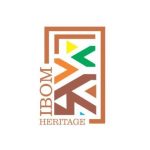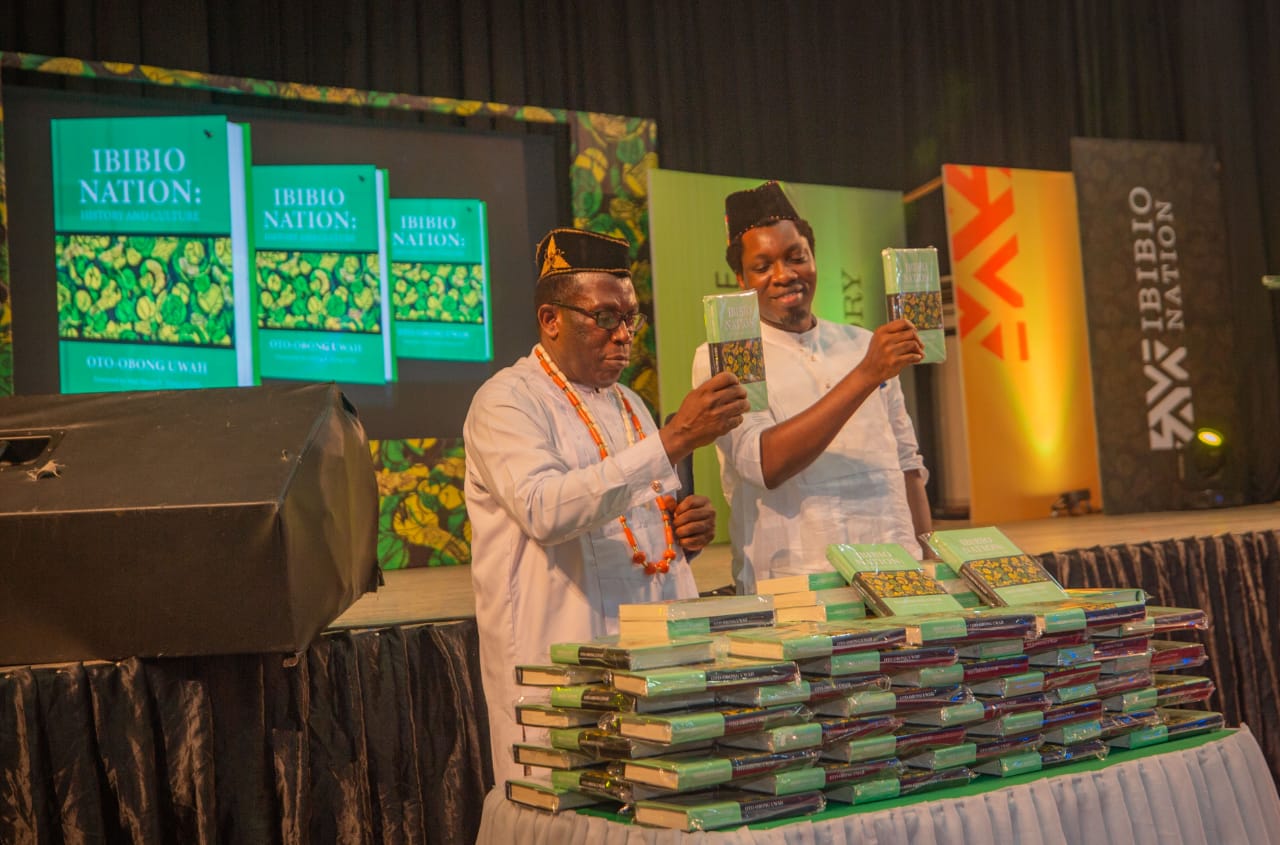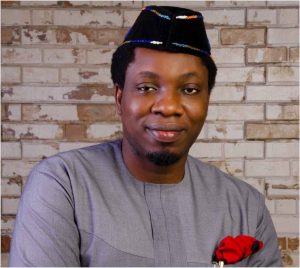The Ibibio people were known for many fantastic virtues in times past. These virtues historically distinguished them from other ancient ethnic groups in Nigeria. Observe that ethnic groups have specific traits which they are known for. The Igbos are industrious, Hausas are Language-conscious, and Yorubas are famously showy. And then you have the Ibibios with their qualities. Mr. Udom Inoyo identified 4 virtues of Ibibio people in his lecture at book launch of ‘Ibibio Nation: History & Culture’.
DILIGENCE AND TRUST
The Ibibio man is happy to do his job and earn his wages. He is content. He would rather earn the trust of his boss than perform eye-service.
At some point, they were so trustworthy and diligent that elite Nigerians freely granted them access to most protected parts of their homes: the kitchen and the bedroom. This has been their nature since ancient times.
REPUBLICAN NATURE
Ancient Ibibios were frank and very principled. Till date, Ibibio people have the adage “ndiagha ke ufok owo“; a common phrase meaning that one can express his mind without equivocation because his daily bread does not depend on any other.
An Ibibio person has a way of giving his sincere opinion on issues, even if it differs from the common.
LOVE FOR EDUCATION
The advent of colonialism influenced their love for education notably. Back then, the Ibibio people had increased passion for education and wanted to be like their bosses.
In the book ‘The Ibibio Union’ written by late eminent Jurist, Sir Justice Udoma, the union, established in 1927, invested in education immediately. They recorded excellent achievement in being one of the foremost African nationalist bodies to award scholarships to its indigenes to study in foreign countries. This body also worked with colonial education departments to establish Ibibio State College in Ikot Ekpene in 1946.
COURAGE AND EXEMPLARY LIVING
History does not leave out Ibibio women. They were deeply involved in the formation of modern Ibibio culture.
It was Ibibio women who led the famous riot of 1929 in Ikot Abasi. Although writers recorded this as the Aba women’s riot, an Ibibio woman, the exemplary Madam Adiaha-Edem, was the arrow-head. She was paternal grand-mother of Senator Udoma Udo Udoma.
Ibibio people are naturally unintimidated though they are also humble.
For more, please order the most recent book on Ibibio Nation by Oto-Obong Uwah here.
Watch Oto-Obong Uwah speak on the Ibibio Nation on YouTube.
Keywords: Qualities Ibibio People Known For.
Nseime Brownson writes from Jabborro PR, Uyo



